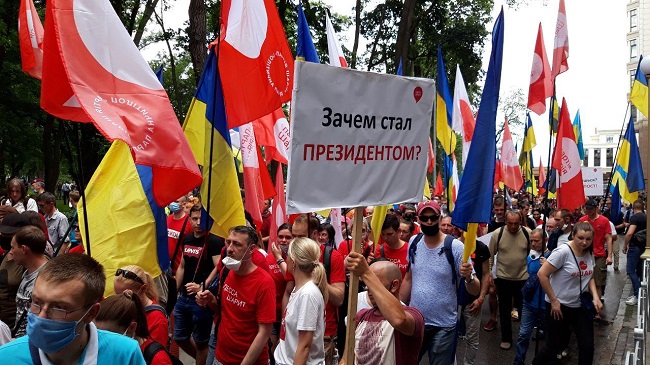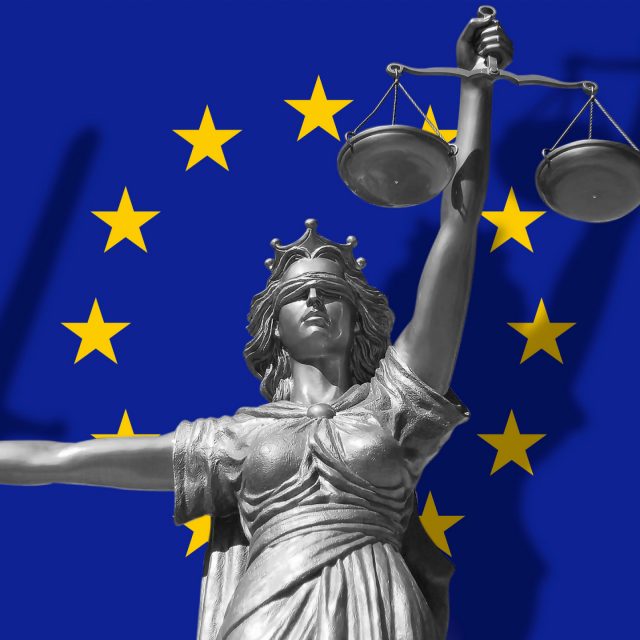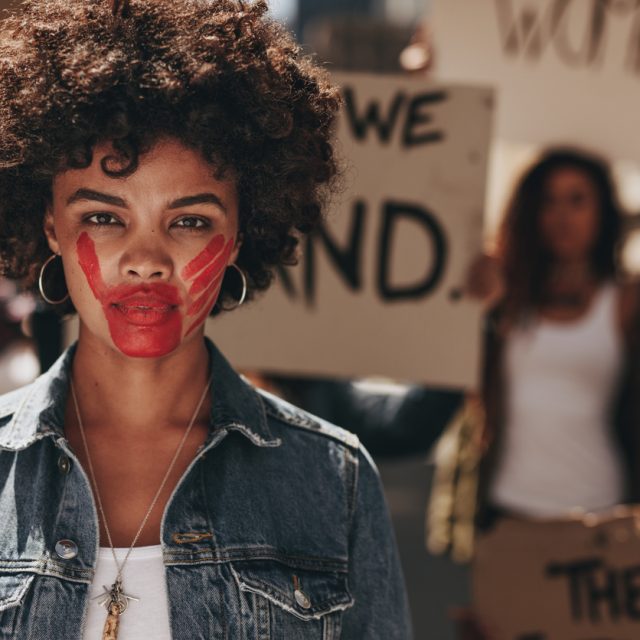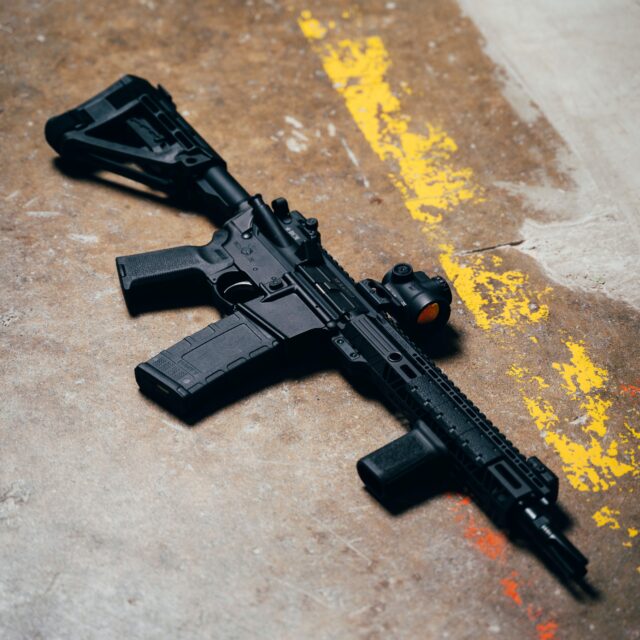Journalism is more dangerous – and more under threat – than at any point in the last decade, according to a report by the globally respected international group, Reporters Without Borders (RWB).
Both freedom of speech and information serve as indicators of freedom in society.
But journalists, correspondents and reporters, even those who do not work in military conflict zones, face pressure, violence and even murder, according to the RWB, which has been acclaimed for helping to maintain press freedom around the world.
In some countries, the profession of journalism is one of the most dangerous and the word “press” is not necessarily a guarantee of security in a zone of military conflict. A journalist’s ID does not guarantee security especially if the journalist is involved in exposing abuses of power or investigating the fraudulent side of politicians, says RWB.
This is especially true in countries where political policy can be an instrument of financial gain. For example, according to Reporters Without Borders Press Freedom Index, Ukraine ranks 96th in the world.
RWB is an international non-profit and non-governmental organization that safeguards the right to freedom of information.
The rise of authoritarian governments and the threat of internet censorship has redoubled pressures on reporters globally. Attention has focused, totally understandably, on the fate of the U.S based Jamal Khashoggi, who was killed by Saudi security forces in Istanbul. But, as RWB recalls, he was one of 31 journalists murdered in just 2018 alone.
In addition to the insecurity of some journalists, the media in Ukraine is said to be opaque and politicized, which can complicate the independence of journalism.
In its study, Reporters Without Borders, which is based in Paris, analysed factors influencing the situation on the Ukrainian media market and, according to the body, oligarchic influence is a key factor that contributes to their independence.
Business tycoons can control the media and try to influence editorial policy as much as possible. Moreover, their owners are not always easy to recognize. Key national media groups are hidden in offshore zones. Cyprus, the British Virgin Islands, Hong Kong, Seychelles, Samoa, New Jersey and Belize are some of the jurisdictions for registering Ukrainian media companies. This is despite the fact that the legislation of Ukraine explicitly prohibits representatives of offshore jurisdictions from owning media assets. The shadow economy exacerbates the distortions of the media industry, as information on national finances is too sensitive for both politicians and some media owners, making the industry even more opaque.
In its report, Reporters Without Borders sees political influence on the media as important: the media industry remains under the control of those who control large sectors of the economy.
Of 12 major TV channels analysed, ten were said to be directly or indirectly linked to individuals who had political interests, influenced politics, or acted as politicians themselves.
Ukrainian parliamentarians include those who are said to lobby the interests of individual oligarchs, who do not represent the interests of voters, but their sponsors. In Ukraine, there have been several attempts to formalize legal obligations to identify owners of direct media. A law was passed in 2015 that required media owners to disclose their beneficiaries, but even here, owners have found a way around it. Currently, companies are officially registered for certain individuals, being under the control of others, which allows for possible manipulation and evasion of liability.
The law does not provide a mechanism for monitoring its proper implementation, which allows one person to own several large media resources. Legislation does not define objective criteria for measuring the market and media concentration.
Regulators such as the National Council and the Antimonopoly Committee refer to the lack of a legal framework for assessing concentration, as well as the maximum level of possible sanctions. The apparent lack of political will to reform and regulate the media market, like any other market, stems from the fact that politics and business are largely interconnected.
Reporters Without Borders says non-transparency of journalists’ work is one, but not the only, factor impacting on press freedom. Another important aspect is the freedom and protection of journalists, who can face pressure, threats and even murder. The National Union of Journalists of Ukraine points out that officially the country has suffered 250 attacks on journalists in the last three years.
There are several examples and each deserves attention to demonstrate how potentially dangerous journalism in Ukraine can be.
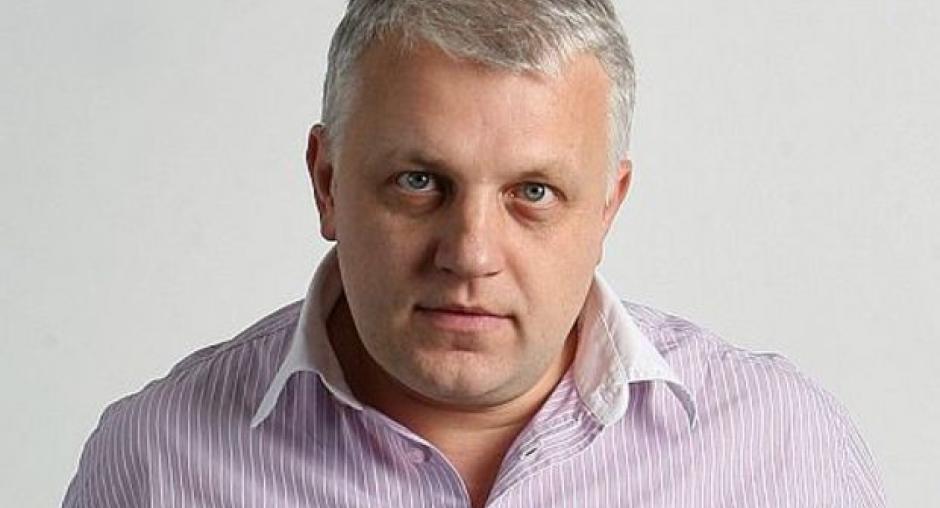
In 2016, a leading journalist, Pavel Sheremet, was killed, reports RWB. He worked in Belarus, Russia and Ukraine and was involved in political journalism and researched those closely associated with the government. A native of Belarus, he began his career there, criticising the regime of Belarusian President Alexander Lukashenko.
In 1997, he was arrested during the filming of a report on the situation on the border between Lithuania and Belarus, for illegal border crossing and illegal journalistic activity. After three months in prison, he was released under pressure from the then Russian President Boris Yeltsin, who banned Lukashenko’s plane from entering Russia.
After that, Sheremet moved to Russia, where he also worked as a journalist for various TV channels. In 2012, he started working in the Ukrainian media as a journalist, and also participated in talk show programmes as an expert. It was in Ukraine that he was killed.
In 2016, the car in which the journalist was driving exploded in the centre of Kyiv. Investigators found that an improvised explosive device had exploded. The suspects were detained, but the investigation is still ongoing.
The president of the Parliamentary Assembly of the Strasbourg-based Council of Europe (PACE), Pedro Agramunt, called the killing “an attack on the freedom and security of journalists.” In several cities attacks have been launched on followers of the Sharia Party, including against the coordinator of the Kharkiv branch, Nikita Rozhenko, who was brutally beaten with baseball bats. He was hospitalized after being left in a serious condition. There were other attacks on Sharia party followers and law enforcement agencies were accused of failing to respond.
Attacks on journalists and journalism, reports RWB, can lead to an “abyss” where individual countries seek to suppress press freedom. Authorities often try to turn the tables on journalists, saying that they are to blame for such attacks, rather than trying to investigate. The more journalists have the freedom to express their opinions and engage in professional activities, the more society can grow and citizens know what governments are doing.
But if such attacks on press freedom are allowed, the more closed the country is and the more chance for dictatorships and a monopoly to emerge.

